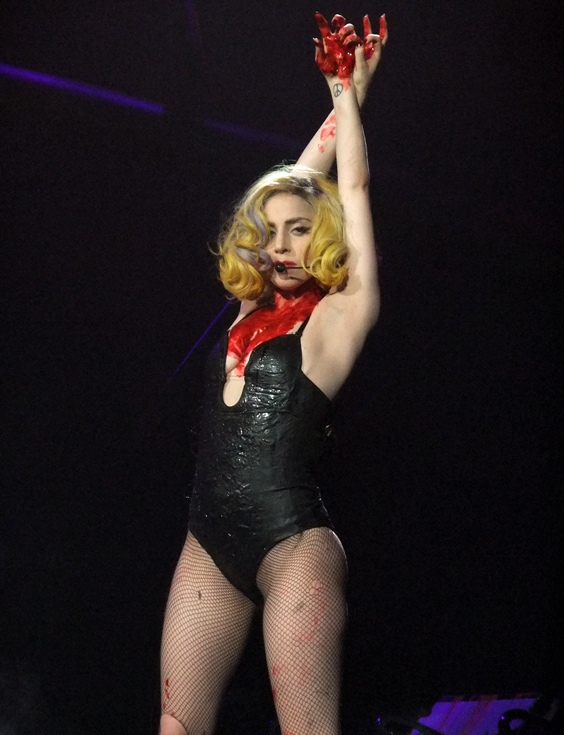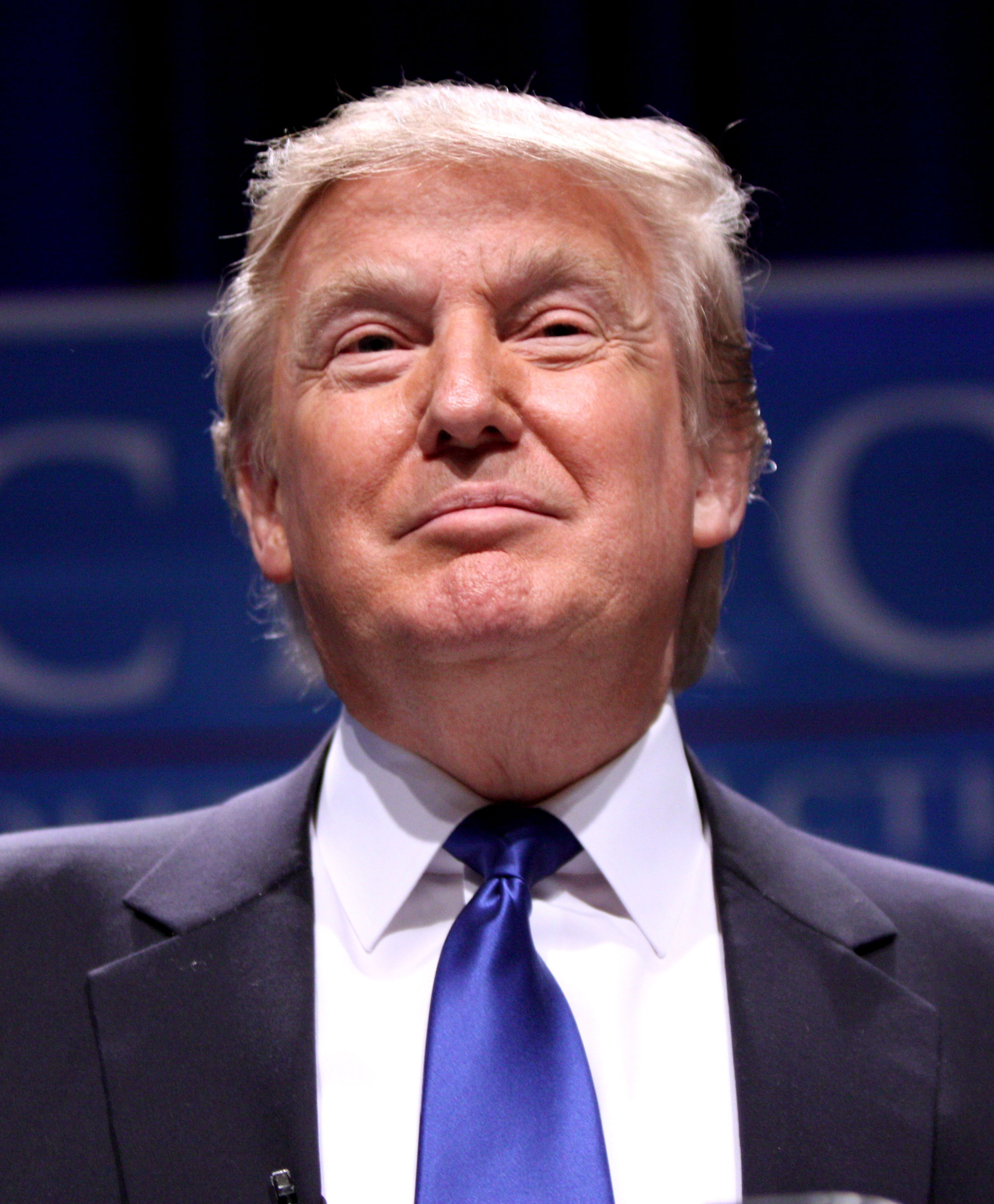In 1984,
newly minted singer Madonna achieved global recognition after the
release of her second studio album, Like
A Virgin.
It
quickly topped the music charts in many countries and became her first number one
album. The title track topped U.S. charts for six consecutive weeks.
 The song
and music video attracted the attention of conservative organizations who
complained that it promoted premarital sex and undermined traditional family
values.
The song
and music video attracted the attention of conservative organizations who
complained that it promoted premarital sex and undermined traditional family
values.
Madonna
came under heavy fire when she performed the song at the first MTV Video Music Awards (VMA's) when
she appeared on stage atop a giant wedding cake, wearing a wedding dress and
white gloves.
Madonna
went on, of course, to become one of music's most accomplished and successful
business people. According to Forbes and other
publications, "Madonna is a cultural icon, and
undoubtedly one of the most successful entertainers of all time."
Nearly
three decades later, the MTV VMA's present the same opportunity for stars to form
under the intense glare of the public eye. Last night, former Disney
child star Miley Cyrus followed suit, giving a
performance that has been widely panned as crude and offensive.
Like Madonna, Cyrus became one of the hottest topics of media discussion
following the VMA's, ensuring her relevance for at least some period of time.
Lady Gaga and Nicki Minaj have garnered
similar trends after the VMA's, shocking audiences with outrageous public performances that
included bloody wheelchairs and satanic imagery.
The
recurring branding question that arises: Are cheap stunts that invite
negative public attention a good form of branding?
It has
often been repeated that "there is no such thing as bad publicity."
This myth
has been addressed by public relations experts, who point out that celebrities
whose lives become train wrecks may become famous, but that notoriety can
also be short-lived and ultimately could be counterproductive, depending
on what the celebrity chooses to do with the sudden notoriety.
According
to a Stanford University study, there is actual
evidence of this phenomenon.
One
factor on whether a brand was helped or hurt by scandal is how familiar a brand
or product was in the public's mind before the negative publicity.
Analyzing
data that cross-matched book sales against critics’ appraisals, they found that
negative reviews of a new book by an established author hurt sales, but for
books by relatively unknown authors, negative publicity had the opposite
effect, actually increasing sales by ensuring the author's relevance.
In other
words, if the public had a strong preconception of an author's talent, that
positive impression could be damaged by reading new, negative reviews. However,
when an unknown author was deemed worthy of criticism, his perceived
relevance made him worthy of further investigation. Relevance is all that
mattered for the new writer.
However,
the Stanford researchers also found that sales of Michael Jackson’s
records actually rose slightly during periods when the singer was in the news
for child molestation or dangling his baby over a balcony, thus suggesting that
even negative publicity kept Jackson relevant and in the public's mind, even if
his public persona was mired in controversy.
Follow-up
studies pointed out that as time passed, the public could not remember the
specific negative context in which it heard about someone's behavior, but continued
to remember that the person must have been relevant.
Further,
Madonna (and others) have been able to forge wider, longer-term influence out
of the short-lived relevance.
Similarly,
Lady Gaga, whose public image was forged from a barrage of controversial public
displays, is now regularly placed on lists composed by Forbes,
including The World's 100
Most Powerful Women from 2010 to 2013, and was named one
of the most influential people in the world by Time magazine.
Other
entertainers were not as successful as Howard Stern or Gaga in translating
outrage into lasting influence. Charlie Sheen, for example, has struggled with a lackluster career since his public
meltdown, as has Lindsay Lohan.
In
conclusion, stars such as Miley Cyrus become (or stay) relevant in the short
term for their cheap stunts and antics, but there is no guarantee that their long-term career
prospects or influence will improve as a result. That final outcome
apparently depends on what they decide to actually do with their star power.





